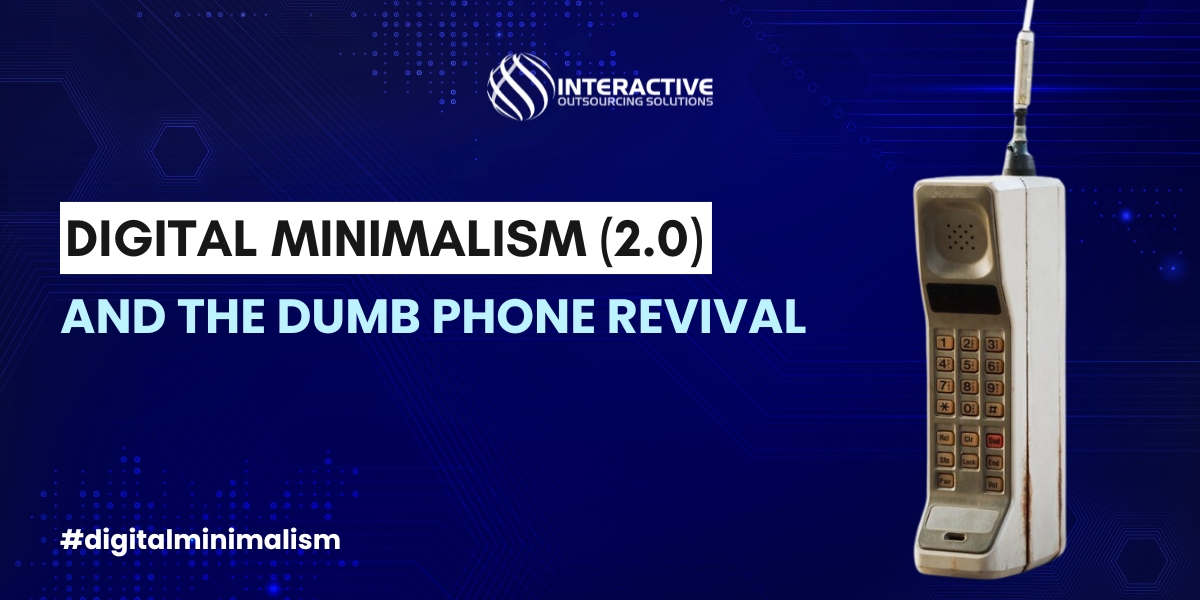The importance of data cleansing escalates with the proliferation of data sources. Organizations may find their data distributed across various data warehouses, applications, and even personal computers. It is crucial to consolidate all datasets, eliminate duplicates, and rectify erroneous data.
Data is sourced from numerous origins and exists in a vast array of formats. This may include data entered by team members, automated data gathering from websites where users complete forms, and information obtained from Internet of Things (IoT) devices, among various other sources. Without careful consideration during the planning phase of data collection, the process can rapidly become disorganized.
A data pool can easily turn into a data swamp, characterized by the presence of duplicates, and inaccuracies, For example, if two departments independently create records for the same customer without checking for existing entries, this can lead to multiple records for that customer being stored in the system. The implications on a larger scale are significant. One must contemplate the extensive storage capacity needed to accommodate these extraneous entries, as well as the effort required to rectify the erroneous data. Furthermore, the impact on analytics is profound, as poor data quality can render information entirely ineffectively
Benefits of data cleansing
A decision’s quality is directly linked to the data that underpins it. In an era where vast quantities of data are continuously generated from various sources, the significance of a data cleansing tool has never been greater. Such tools are essential for maintaining the accuracy of information, enhancing process efficiency, and bolstering your company’s competitive advantage. Among the key benefits of data cleansing are
Improved decision making
Cleansed data quality is essential as it has a direct impact on an organization’s capacity to make informed decisions and develop effective strategies. No organization can afford to squander time and resources to rectify mistakes caused by inaccurate data.
Improved Efficiency
Data cleaning importance extends beyond merely addressing external requirements. It also enhances internal efficiency and productivity within the organization. Properly cleaned information uncovers significant insights regarding internal demands and operational processes. For instance, a company might analyze data to monitor employee productivity or job satisfaction, aiming to forecast and mitigate turnover rates. By cleansing data derived from performance evaluations, employee feedback, and other pertinent human resources documents, organizations can swiftly pinpoint employees who may be at an elevated risk of leaving.
Data cleansing process
A data cleansing tool can streamline many components of an organization’s comprehensive data cleansing initiative; however, it represents merely one element of a continuous, long-term strategy for data cleaning. Below is a summary of the necessary steps to ensure that your data remains accurate and functional.
Determine the essential data fields: Companies have access to more data now than ever before, but not all of it is equally useful. The first step in data cleansing is to determine which types of data or data fields are critical for a given project or process.
Gather the Information: Once the pertinent data fields have been identified, the information they encompass is gathered, categorized, and structured.
Eliminate redundant values: Once the data collection is complete, the process of addressing inaccuracies commences. Duplicate entries are detected and eliminated.
Standardization: To ensure the effectiveness of a data cleansing process, it is essential to establish a standardized approach that allows for easy replication and consistency. This requires identifying the most frequently utilized data, understanding the timing of its necessity, and assigning responsibility for the maintenance of the process. Additionally, it is crucial to decide on the frequency of data scrubbing—whether it will be conducted daily, weekly, or monthly.
Importance of data cleansing in a business environment
Data cleansing is an essential procedure in the realm of business decision-making, guaranteeing that organizations function based on precise, trustworthy, and up-to-date information. The following points underscore its significance:
Better data accuracy
The data cleaning importance lies in the systematic identification and rectification of errors and inconsistencies present within datasets. This procedure encompasses the elimination of duplicate entries, the standardization of formats, and the validation of data against established rules and criteria.
Organizations can reap numerous benefits associated with enhanced data accuracy by prioritizing data cleansing. The importance of data cleansing involves fostering confidence among decision-makers, enabling them to trust the information at their disposal. Another key importance of data cleansing is that it builds trust and facilitates more informed and precise decision-making, thereby improving operational efficiency and productivity.
The reason why is data cleaning important is because it provides accurate data and has a favorable effect on customer relationships. Well-maintained and precise customer information allows for the effective targeting of marketing campaigns, resulting in increased response rates and heightened customer satisfaction. Additionally, accurate data supports compliance with regulatory standards, thereby mitigating legal risks and potential penalties.
Better operational efficiency
Enhancing operational efficiency is one of the benefits of data cleansing. In the contemporary, rapidly evolving business landscape, maintaining efficiency is essential for competitiveness, with data serving a vital function in decision-making, process automation, and customer engagement. Conversely, inaccurate data can result in operational inconsistencies and expensive mistakes.
Data cleansing addresses these challenges by guaranteeing that business information is both accurate and current. Furthermore, it enables employees to devote less time to locating correct data, correcting mistakes, or managing the repercussions of erroneous information. By streamlining workflows, the importance of data cleansing also involves minimizing manual intervention and expediting the decision-making process.
Get ahead of your data cleansing process with Interactive Outsourcing Solutions. Talk to an expert (https://interactiveoutsourcingsolutions.com/#form)
Conclusion
The key Importance of Data cleaning relies on data-driven decision-making, coupled with the rising volume and intricacy of data, indicating that data cleansing will remain a critical process for businesses moving forward. In this context, outsourced solutions are expected to become increasingly popular. Business process outsourcing firms equipped with advanced technology can assist organizations in utilizing the latest tools to detect and correct data inaccuracies, thereby enhancing both efficiency and precision. Collaborating with a trustworthy data cleansing service provider offers numerous advantages, including access to expertise, cost efficiency, scalability, and the opportunity to concentrate on primary business functions.






